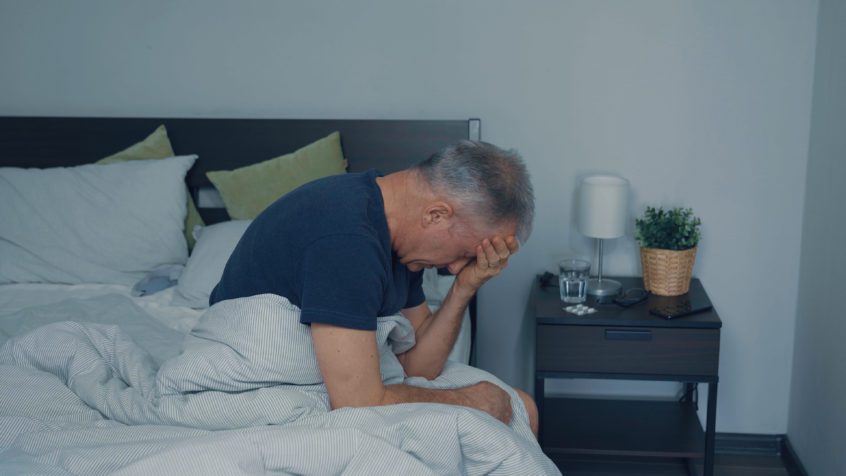Understanding the Science of Balance
Most of us don’t have a problem with our balance. We roll over in bed, get up in the middle of the night and can easily walk to the bathroom without giving it a second thought. But what if that simple task wasn’t so simple? What if getting out of bed caused you to become dizzy, nauseous, or even fall?
Unfortunately, according to the Vestibular Disorders Association, being off balance or dizzy is a common problem for people who are age 70 and older. In fact, about one-third of those between 65 to 75 report that dizziness affects their quality of life.
Maintaining good balance requires that three of our body systems work together seamlessly. When one of these systems isn’t working properly, neither is your balance.
The first of these systems is vision. When your vision works correctly, it can send impulses to your brain that provide visual cues for how you are oriented relative to other objects. If it doesn’t work properly, it can affect your balance.
The second of these systems is your skin, muscles and joints. Sensory receptors in these areas send impulses to the brain to help figure out where your body is in space. If these aren’t working, it can make it tough to balance and walk on uneven surfaces, like gravel or in a grassy field, for example.
The third is input from the vestibular system in the inner ear, which includes the utricle, saccule and three semicircular canals. According to the Vestibular Disorders Association, the utricle and saccule detect gravity and linear movement. The semicircular canals, which detect rotational movement, are located at right angles to each other and are filled with a fluid called endolymph.
When the head rotates in the direction sensed by a particular canal, the endolymphatic fluid within it lags behind because of inertia, and exerts pressure against the canal’s sensory receptor. The receptor then sends impulses to the brain about movement from the specific canal that is stimulated. When the vestibular organs on both sides of the head are functioning properly, they send symmetrical impulses to the brain. (Impulses originating from the right side are consistent with impulses originating from the left side).
All these systems must work together so that you can maintain proper balance. If any one system fails, so does your balance.
Because good balance is so complex, and there are so many issues that can impact your balance, it also can be very difficult to get to the bottom of a balance problem. Patients often see several health care professionals, including chiropractors, physical therapists, neurologists, otolaryngologists and otoneurologists, before receiving an accurate diagnosis.
Many times, an audiologist can help patients experiencing dizziness and balance problems originating in the inner ear. An audiologist is a highly trained professional whose scope of practice includes identification, assessment and diagnosis of people with hearing and vestibular (balance) disorders. An audiologist practicing today has a doctoral-level degree, usually a doctorate of audiology (Au.D.), or a Ph.D. Look for an individual who specializes in diagnosing and treating dizziness and balance disorders.
At Associated Audiologists, Danielle Dorner, Au.D., Vestibular Audiologist, specializes in treating patients with dizziness and balance disorders. She earned her Doctorate of Audiology degree from Northern Illinois University and her Bachelor’s degree from Augustana College, Rock Island, Illinois. Dr. Dorner performed her clinical externship with Associated Audiologists.
She is a member of the Academy of Doctors of Audiology (ADA), holds a certificate of clinical competence in audiology from the American Speech-Language-Hearing Association (ASHA), is a member of the Kansas Speech-Language-Hearing Association (KSHA), and has earned certification from the Council for Accreditation of Occupational Hearing Conservation (COHC).
She works closely with other medical professionals, such as physicians and occupational therapists, to provide her patients with a well-rounded treatment plan.
Dr. Dorner is skilled in performing a wide variety of sophisticated tests used to evaluate vestibular disorders and she offers treatments for conditions such as benign paroxysmal positional vertigo (BPPV). She practices at our Overland Park Clinic.



